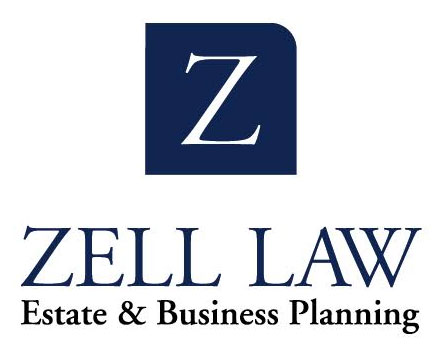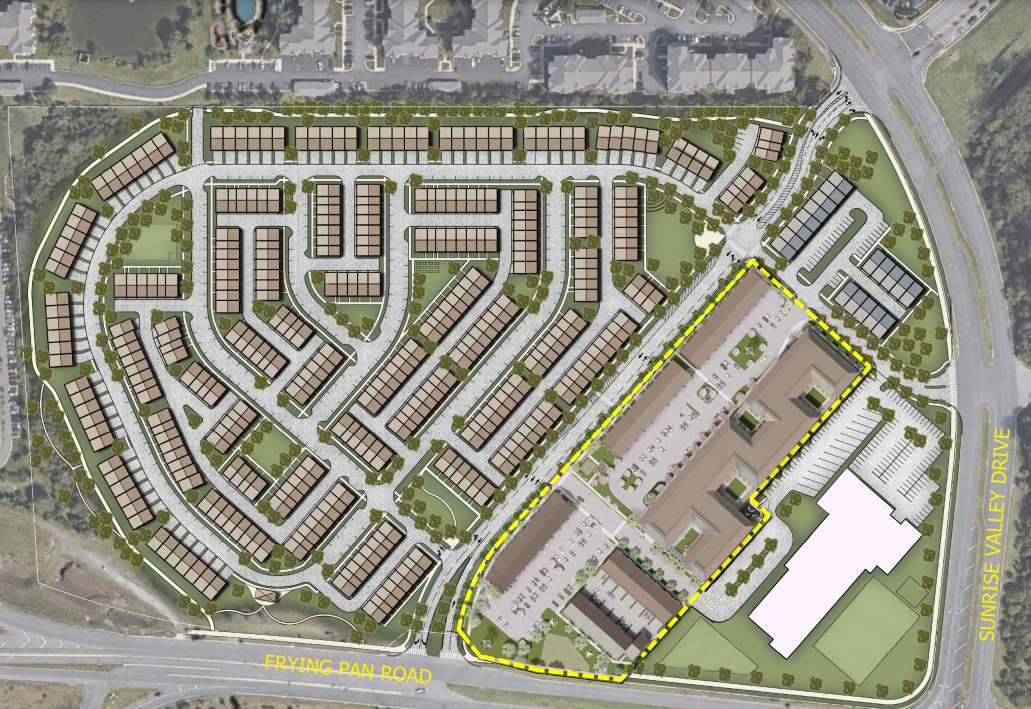By Wayne M. Zell, Esq., of Zell Law, PLLC, an estate and business planning law firm located in Northern Virginia that focuses on helping clients realize their dreams of wealth and freedom.
We hope that you are keeping yourself, your loved ones and your community safe from COVID-19 (commonly referred to as the Coronavirus). Along with those paramount health concerns, you may be wondering about some of the recent tax changes meant to help everyone coping with the Coronavirus fallout.
This article updates you on the tax-related provisions in the Coronavirus Aid, Relief and Economic Security (CARES) Act, Congress’s gigantic economic stimulus package that the President signed into law on March 27, 2020. This month’s installment summarizes provisions that impact individuals. The next installment will discuss business-related provisions.
Recovery Rebates for Individuals
To help individuals stay afloat during this time of economic uncertainty, the government will send up to $1,200 payments to eligible taxpayers and $2,400 for married couples filing joints returns. An additional $500 additional payment will be sent to taxpayers for each qualifying child dependent under age 17 (using the qualification rules under the Child Tax Credit).
Rebates are gradually phased out, at a rate of 5% of the individual’s adjusted gross income over $75,000 (singles or marrieds filing separately), $122,500 (head of household) and $150,000 (joint).
Waiver of 10% Early Distribution Penalty
The additional 10% tax on early distributions from IRAs and defined contribution plans (such as 401(k) plans) is waived for distributions made between January 1 and December 31, 2020 by a person who (or whose family) is infected with the Coronavirus or who is economically harmed by the Coronavirus (a qualified individual).
Penalty-free distributions are limited to $100,000, and may, subject to guidelines, be re-contributed to the plan or IRA. Income arising from the distributions is spread out over three years unless the employee elects to turn down the spread out. Employers may amend defined contribution plans to provide for these distributions. Additionally, defined contribution plans are permitted additional flexibility in the amount and repayment terms of loans to employees who are qualified individuals.
Waiver of Required Distribution Rules
Required minimum distributions that otherwise would have to be made in 2020 from defined contribution plans (such as 401(k) plans) and IRAs are waived. This includes distributions that would have been required by April 1, 2020, due to the account owner’s having turned age 70 1/2 in 2019.
Charitable Deduction Liberalizations
The CARES Act makes various significant liberalizations to the rules governing charitable deductions, detailed in the full version of the blog on our website.
Other provisions
- The CARES Act expands the definition of expenses qualifying for the exclusion to include employer payments of student loan debt made before January 1, 2021.
- For amounts paid after December 31, 2019, the CARES Act allows amounts paid from Health Savings Accounts and Archer Medical Savings Accounts to be treated as paid for medical care even if they aren’t paid under a prescription.
For more details on these and other tax-related provisions in the CARES Act, please visit our website.







